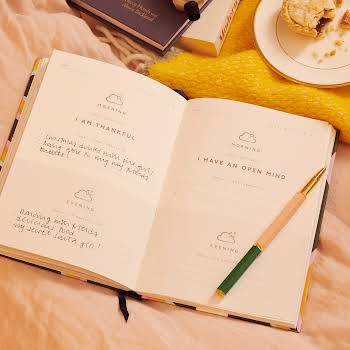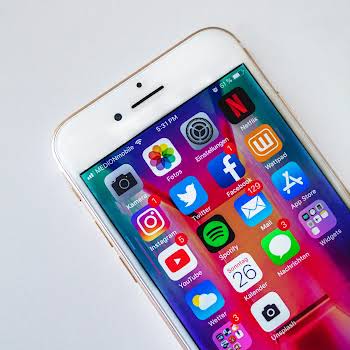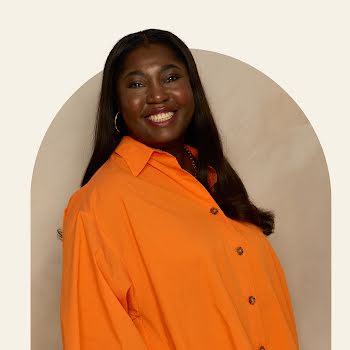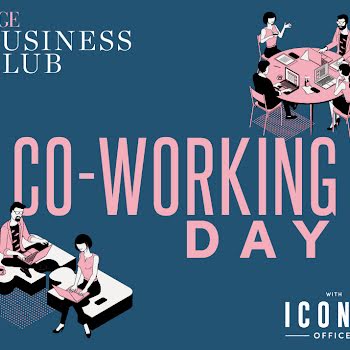
By IMAGE
09th Dec 2017
09th Dec 2017
Maïa Dunphy reflects on a simpler, pre-digital time after a forced 48 hour break from her phone.
I absent-mindedly left my phone at a friend’s house last week. The trouble was, the friend lives in a different county, and as the train I was taking home pulled out of the station, the realisation of what had happened hit me. This is the first sorry point about this tale: not so long ago, I would have been reaching for a book to read on the train, but now, the first thing I do on any journey is take out my phone and check for WiFi (exactly what I berate my teenage stepson for). The bag search soon turned to panicked fumbling, followed by spilling out the contents onto the table, and I felt the fear rising – the modern day equivalent of thinking you may have left the grill on. But then something revelatory happened; I knew there was nothing I could do at that stage, and so I relaxed and spent the hour-long journey reading, enjoying the view from the window, and engaging the man across from me in amusing conversation…
Except, that’s not true. What actually happened was that I spent the entire journey frazzled, checking my pockets over and over, looking under the table and seats in case I had dropped my missing valuable, and then getting angry all over again when I repeatedly went to my bag to try to call someone to tell them of the catastrophe – not unlike during a power cut, which is nothing but a cavalcade of realising all of the things you can’t do (“I’ll just turn a light on to find the torch”). I am part of the first split-digital generation, and by that I mean the ones whose lives have known both the freedoms of living with, and without digital technology. Yes, pedants of the world, I know the digital era began more than a generation ago (and I’m not that old), but I’m referring to the period when most of our information and conveniences switched to digital form. When I was growing up, life was more linear, and everything just had one function (aside from the hot press, which was used for everything from thawing meat to housing cats).
We may think this new age makes life more simple, but in many ways, it makes it so much more complex. Physical things are now digital – books, magazines, photographs and CDs, and we have reached the point where it would be possible (in tragic theory) to never leave the house. When I was a child, sulking in your bedroom was finite; there was only so much you could do before sheer boredom made you suck it up and rejoin everyone else. Had I had an iPhone, I think I could have quite happily spent 18 years in my bedroom. My two-year-old son will never know a pre-digital time, he will rely on computers for pretty much everything, and I worry how his generation will learn common sense at all when they can use the tiny computer in their pocket for everything from shopping and finding their way home to meeting a partner (it also saddens me that they will never know the unique, therapeutic joy that comes from untangling a telephone cord).
Our children will live in a post- digital world, and by that I don’t mean it will have come and gone, but rather it won’t even be referred to, in much the same way that we don’t refer to living in a post-industrial age; we just do. When people talk about the “age of consent” in the future, they may be asked to clarify whether they mean sexual or digital (the latter referring to the legal age of 13, from which data controllers can hold information gathered from minors). But every parent in every century has worried about their children’s future, and all we can do is teach them the stuff that is both timeless and future-proof. The things that – no matter how advanced artificial intelligence becomes – are uniquely non-digitisably human.
“I worry how my son’s generation will learn common sense when they can use the tiny computer in their pocket for everything from finding their way home to meeting a partner.”
I didn’t get my phone back for a further 48 hours, and after a day or so, I began to enjoy the unusual freedom that comes from not being contactable in a world where Facebook knows where you are before you do. I even considered momentarily if I might ditch the smartphone altogether and return to the nostalgia of my old Nokia phone, which is squirrelled away in the kitchen drawer (the one that holds everything from elastic bands to old receipts, takeaway menus and adapters for things that don’t exist anymore). That didn’t happen. The second my phone was back in my desperate hands, I promised it I’d never be so careless again. Maybe I need a digital detox. Or perhaps if I aim to read for just half the train journey next time, that will be enough. NB: Please don’t ever defrost frozen meat in a hot press. It was something reckless we did in the past, like smoking on buses and driving with 15 kids in the back of your car, and is best confined to the annals of social history.























